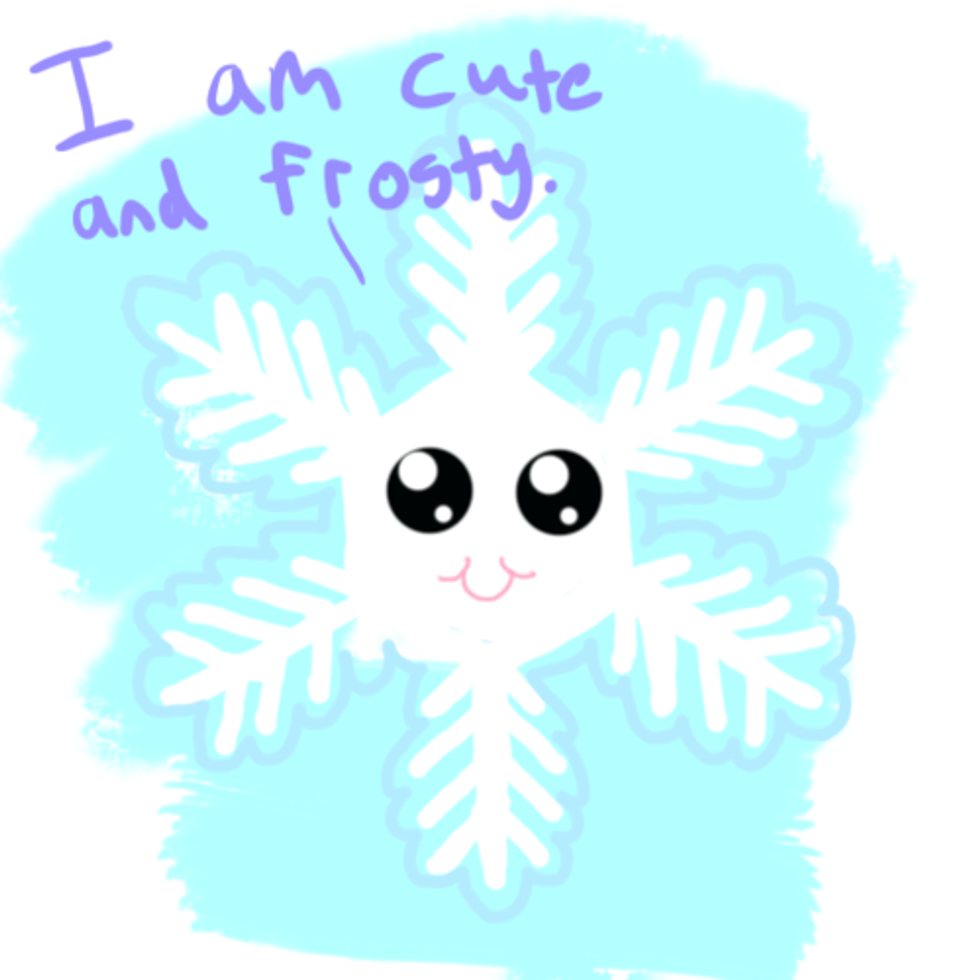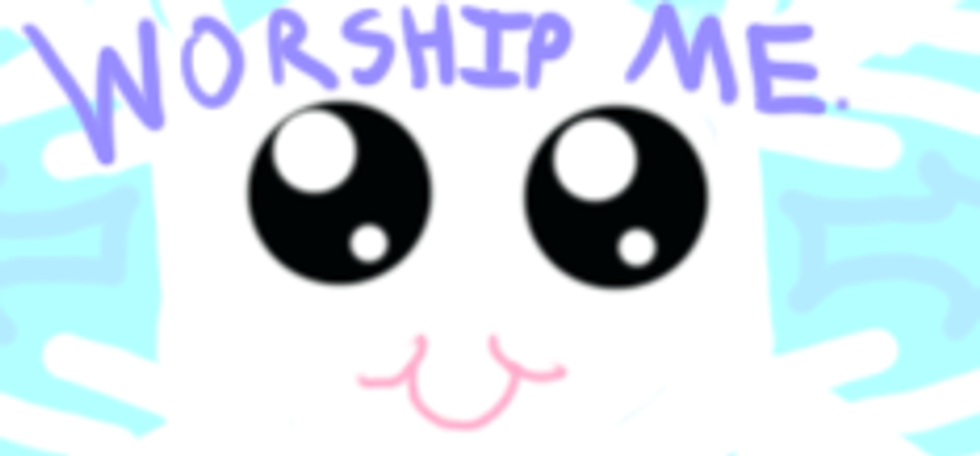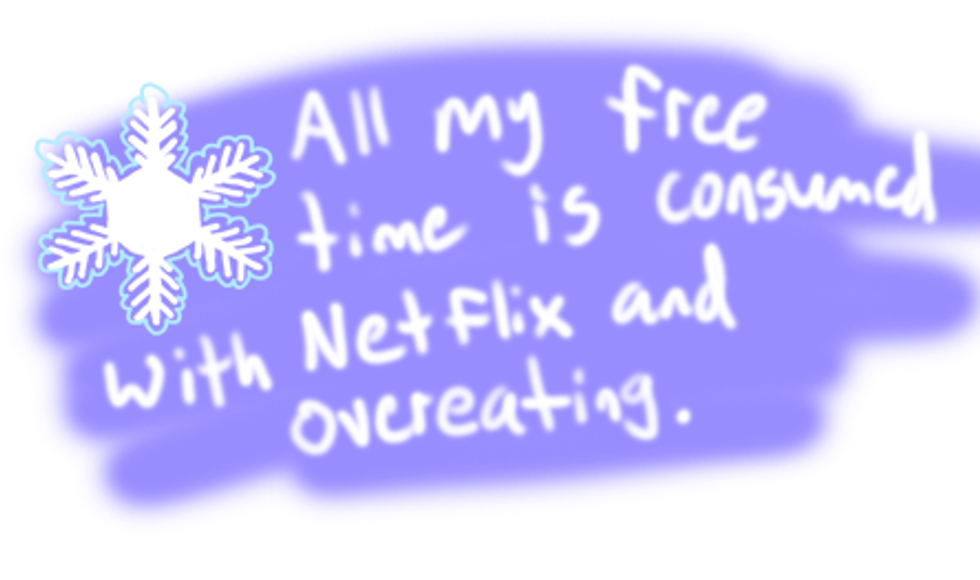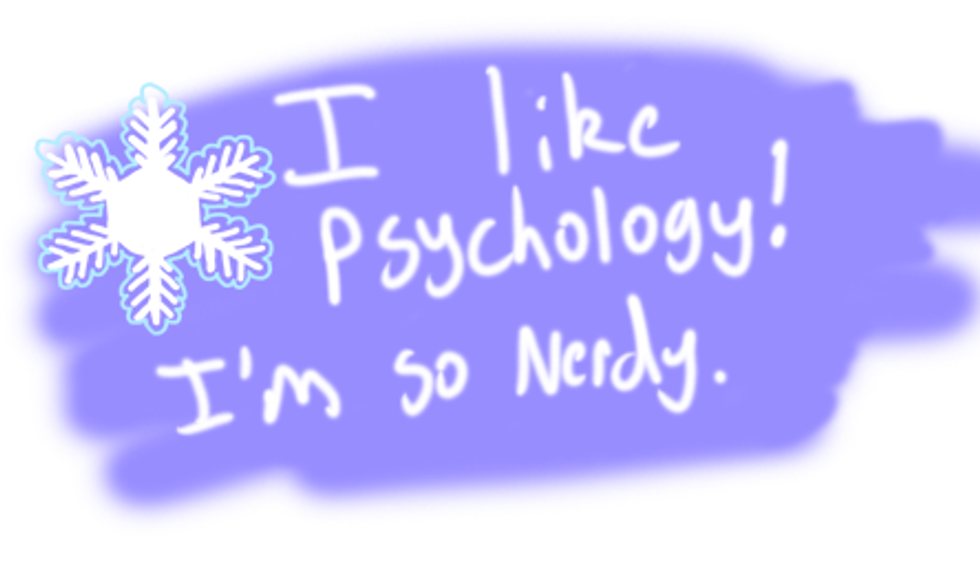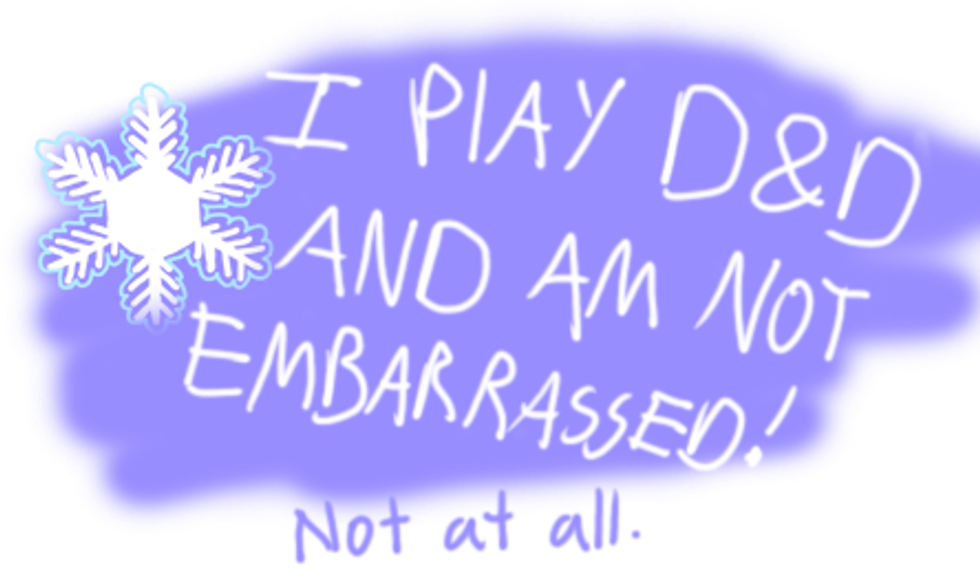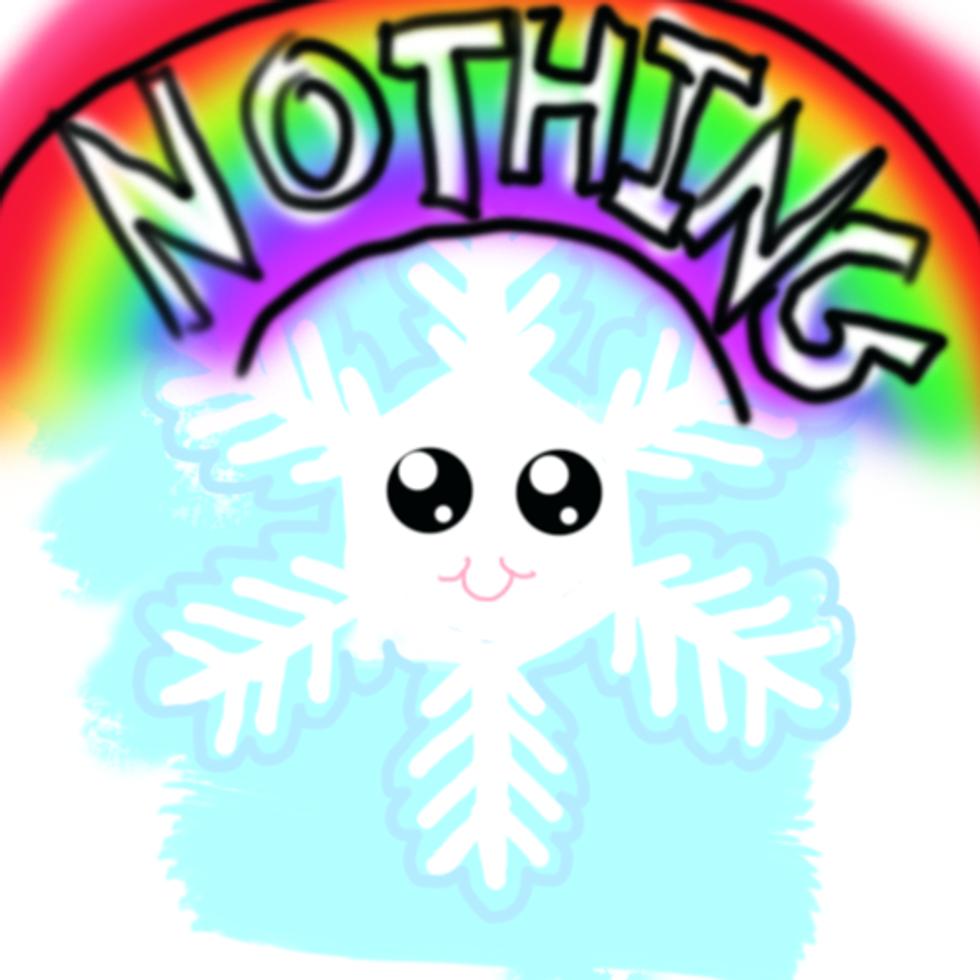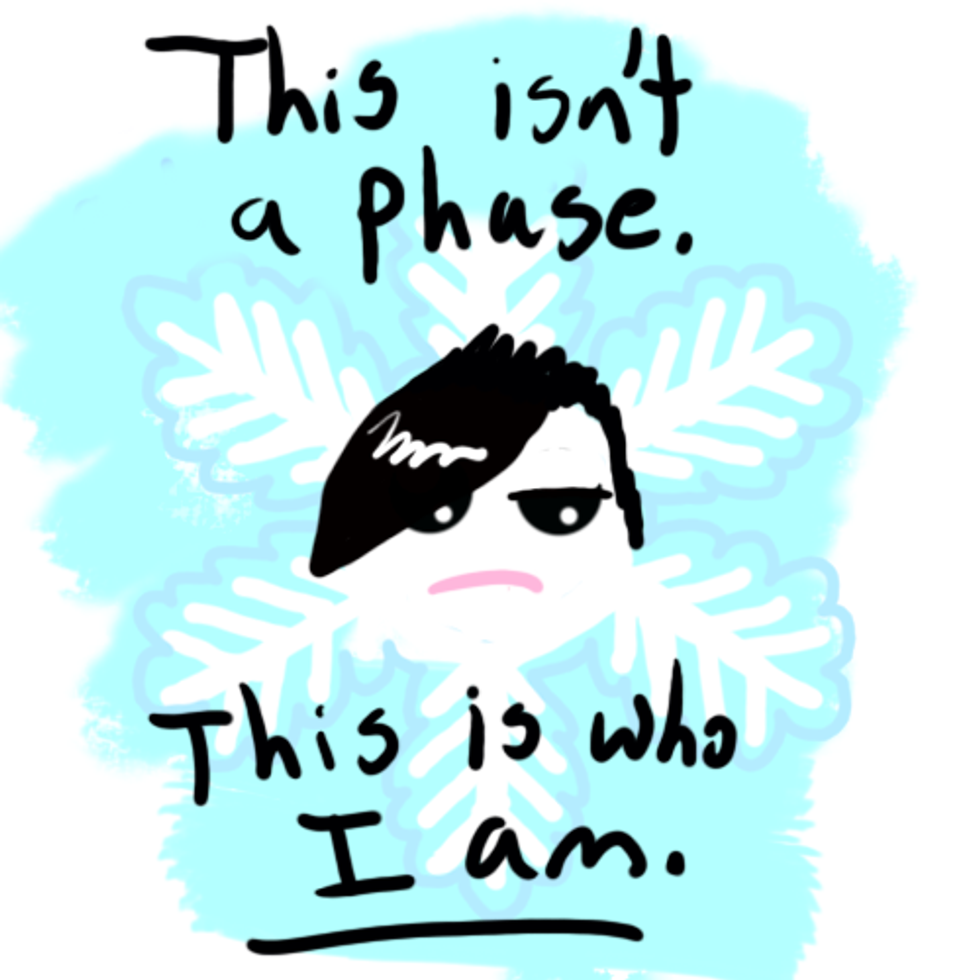What is a Special Snowflake?
One uppers. Me monsters. Intentional hipsters. These are the types of people whose minds are consumed by the chilling and isolating idea that their traits and hobbies are unique from all 7 billion other people in the world, and they are thus deserving of your praise and admiration, so you can just drop to your knees now. These people have Special Snowflake Syndrome and may manifest it in a variety of ways ranging from its sufferer thinking their music taste is superior to laboring under the delusion that they are the hardest working/most attractive/most deserving member of a group. The question is, what are the long term effects of Special Snowflake Syndrome, and can there be a cure to this disease?
Let us first look at where this term originated. The first recorded instance of the term was in the 1999 film Fight Club in which Brad Pitt’s character says to potential members, “You are not special. You are not a beautiful or unique snowflake.” Since then it has been spread on online platforms such as LiveJournal and tumblr, wherein users would use the term in reference to movie and book characters whose creators made them deliberately and obnoxiously unique. Eventually the term made its way to Urban Dictionary where its definition became as follows:
“…a person who believes they are different and unique from everyone else because of something there are or do.”
Causes
So what are the causes of SSS? One could reason that it is from upbringing: our mothers always told us in a way that we were Special Snowflakes and that we could be anything we set our minds to. However, believing in oneself and pursuing one’s dream is not a symptom of SSS. It is only when one believes their skills or dreams are totally different from all others that they fall into Snowflake territory. Perhaps it is the over pondering of the traits our parents sprinkled undeserved praise on that may make one think, “Hm, they think it is so wonderful that I can pick my nose this cutely. I must be the only one in the world who can do it!” This may be expounded upon when coming into contact with other Special Snowflakes, as they will try to out-Snowflake each other. Because it is so contagious, a child who has not yet contracted Special Snowflake Syndrome may catch it immediately after contact with other children with the disease. However, this only seems to apply to small children, as one seems to be immune upon reaching their early thirties.
Many have been led to believe through heavy scientific research (and Google) that the explanation for this can be found in the work of psychologist Erik Erikson and his model of psychosocial development which theorizes that people go through specific crises during different parts of their life.
According to Erikson’s model, from ages 13 to 19 (or even stretching into the early twenties) people tend to have an identity crisis and are concerned with being able to fit in while also being individuals with their own opinions. This means clarifying what they like and are good at and then seeking out likeminded individuals. This may be attending events where one’s hobby is communal, seeking out others on the Internet, or (in the case of a Special Snowflake) screaming it at the top of their lungs in the hopes that like-minded individuals will come to them.
Effect
With such a strategy for finding people like themselves, the major long-term effect of SSS is self-inflicted isolation. In an effort to fit into a group, Special Snowflakes may feel they must isolate themselves as they think that they are too unique for this sinful earth. Isolated Snowflakes tend to use phrases like, “I’m so nerdy/awkward/dorky,” in an effort to deflect that they secretly hope their traits make them different from everyone in a good way. This of course leads to others to become annoyed and keep a good distance from the Snowflake, becoming a vicious cycle. So how does one react to such blatant calls for attention from a Snowflake?
Nothing. Absolutely nothing. There is no constructive criticism, helpful advice, or magic spell to make a Special Snowflake realize just how many people are just like them. And really, it doesn’t matter. Special Snowflakes may be annoying, but all of us were (or may even still be) one. Since SSS occurs due to a lack of world view, people will inherently learn that they are not so special simply by talking to other people. If they are ironically calling attention to things they think make them different, it is their way of asking, “I am like this. Is anyone else like this? I hope so, because I really want to be accepted.” Criticizing a Special Snowflake does nothing but attack the self-esteem and growth of someone going through a normal stage of psychosocial development. So let them realize for themselves that they are not alone and not “too unique” to fit in. Eventually the phase will end. They will coolly think themselves so smart for figuring this out all on their own, but like any other snowflake, they will eventually defrost.




